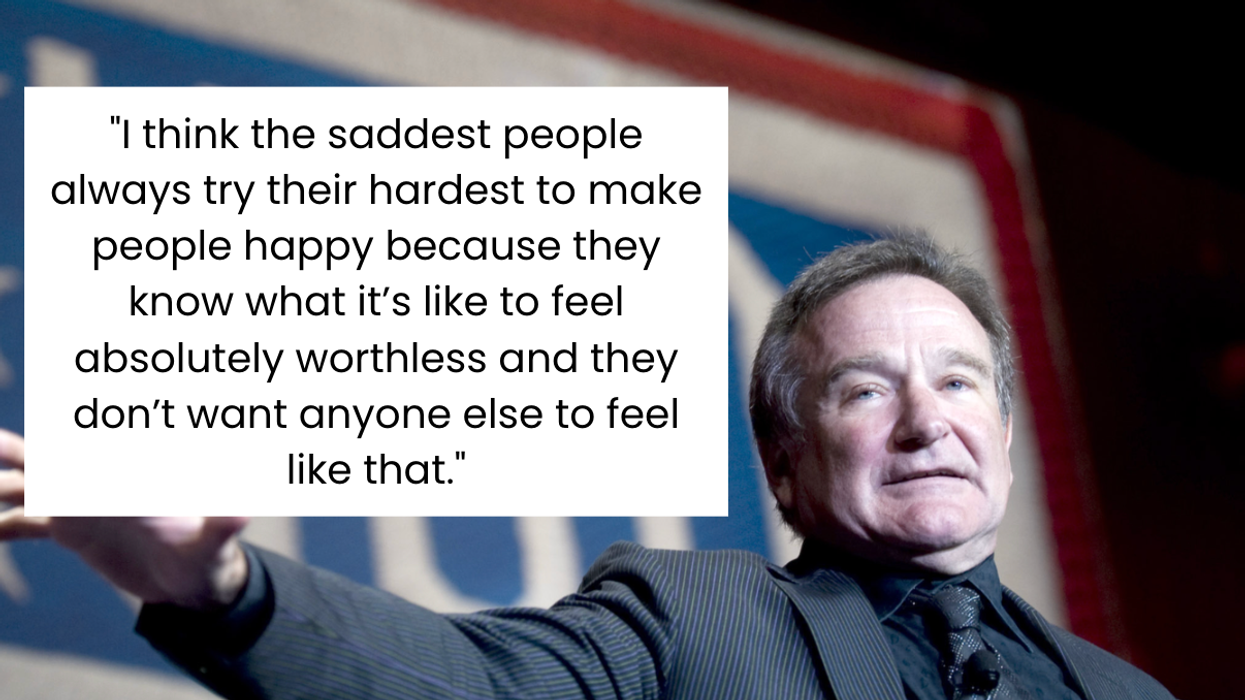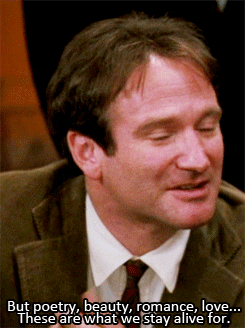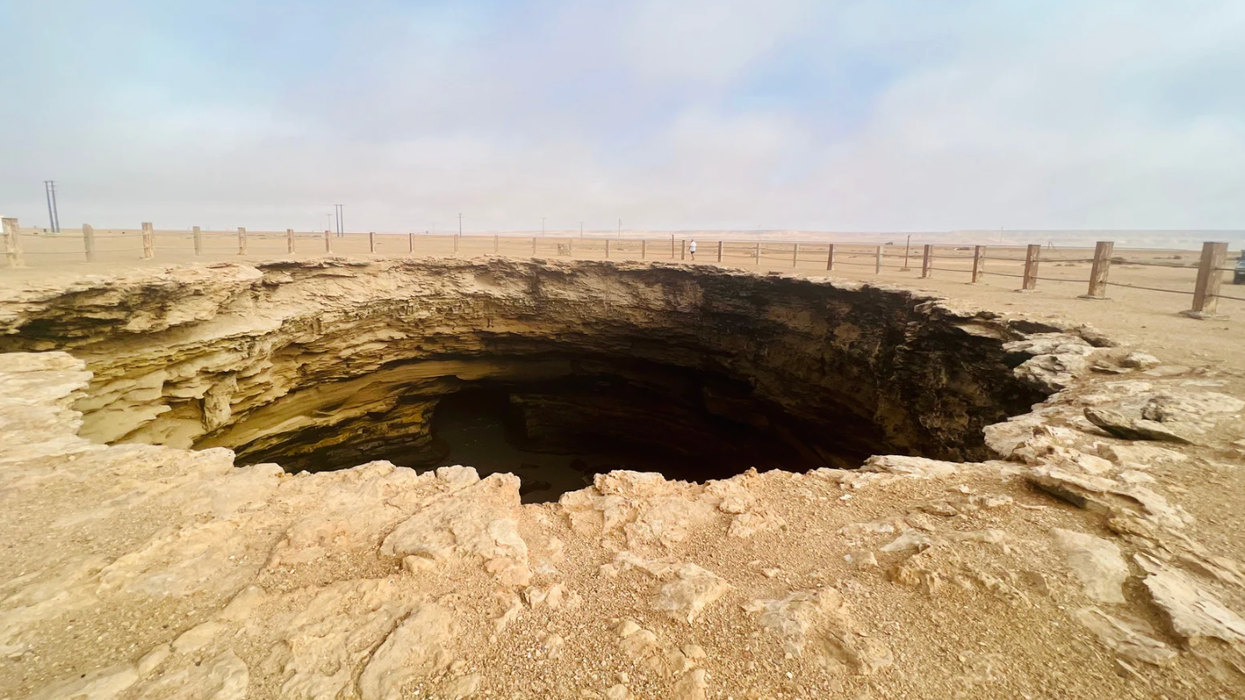In a new project called "The Olympic City," photographer Jon Pack and filmmaker Gary Hustwit are taking a close look at what the Olympic Games leave behind. Cities spend billions getting themselves all dolled up for the big dance. But what happens to all those old prom dresses? Some of the grand structures built for the Olympics have had second lives as malls, churches, even prisons; others have fallen into desuetude. Pack and Hustwit bring a healthy skepticism to their project, questioning the real, lasting benefit of the Games for host cities. Their Kickstarter- funded project will produce a limited edition hard cover book and a digital edition documenting their trips to former Olympic sites in Los Angeles, Montreal, Lake Placid, Athens, Rome, and Mexico City, with several others to be added this summer and fall.
GOOD: What sparked the idea for this project?
GOOD: What kinds of problems do the Olympics create for host cities, either in the days after the games or the decades after?
GOOD: Are there any cities that seem very negatively affected by the legacy of the Olympics?
GOOD: Do you think there are ways Olympic development and building can be approached differently to take into account a city’s long-term interests?
GOOD: In the year 2050, how will (or how should) preparation for the games affect a host city?
















 Robin Williams performs for military men and women as part of a United Service Organization (USO) show on board Camp Phoenix in December 2007
Robin Williams performs for military men and women as part of a United Service Organization (USO) show on board Camp Phoenix in December 2007 Gif of Robin Williams via
Gif of Robin Williams via 
 People on a beautiful hike.Photo credit:
People on a beautiful hike.Photo credit:  A healthy senior couple.Photo credit:
A healthy senior couple.Photo credit:  A diverse group of friends together.Photo credit:
A diverse group of friends together.Photo credit:  A doctor connects with a young boy.
A doctor connects with a young boy.  Self talk in front of the mirror.Photo credit:
Self talk in front of the mirror.Photo credit:  Lightbulb of ideas.Photo credit
Lightbulb of ideas.Photo credit 

 Superstructure of the Kola Superdeep Borehole, 2007
Superstructure of the Kola Superdeep Borehole, 2007 

